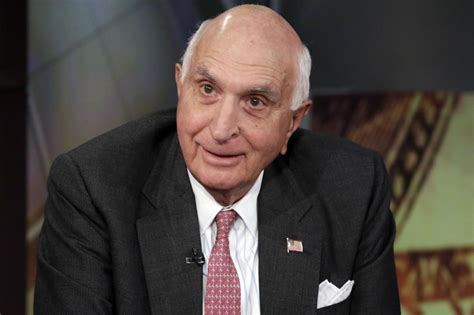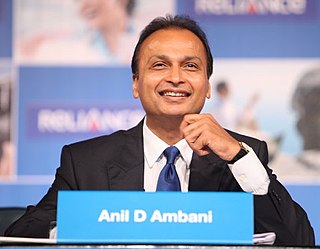A Quote by Alex Berenson
Trust-me companies are companies whose financial results gallop ahead of their businesses, companies with seemingly perfect control over their quarterly sales and profits. Companies whose financial statements are loaded with footnotes: companies that short-sellers often attack but rarely dent.
Related Quotes
When the trust is high, you get the trust dividend. Investors invest in brands people trust. Consumers buy more from companies they trust, they spend more with companies they trust, they recommend companies they trust, and they give companies they trust the benefit of the doubt when things go wrong.
Where you have complexity, by nature you can have fraud and mistakes. You'll have more of that than in a company that shovels sand from a river and sells it. This will always be true of financial companies, including ones run by governments. If you want accurate numbers from financial companies, you're in the wrong world.
Many financial and industrial companies have been bailed out with the public's money, but very few of those who had run those companies have been punished for their failures. Yes, the top managers of those companies have lost their jobs - but with a fat pension and mostly with a handsome severance payment.



































